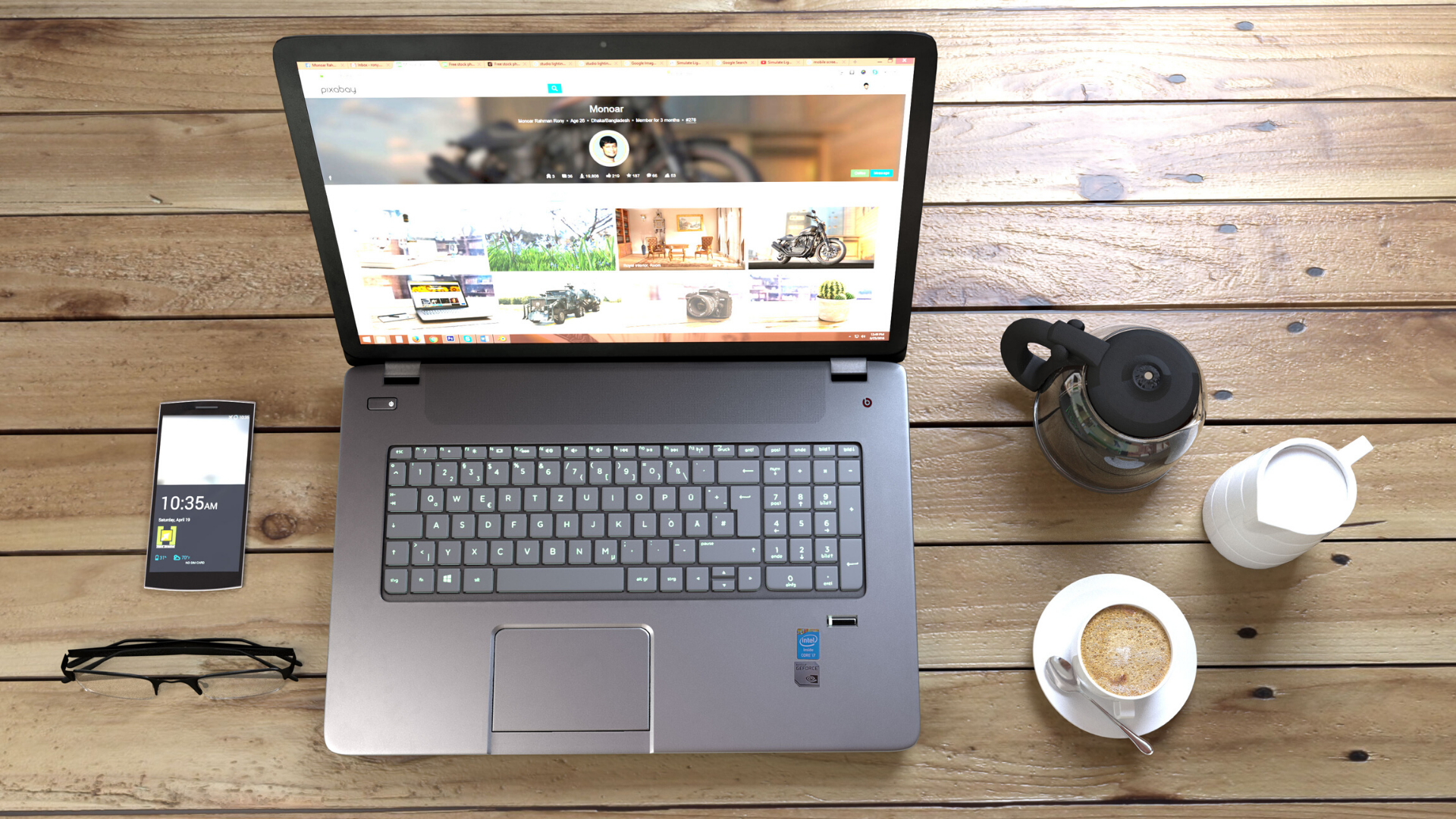Which is better for business: A DIY website builder or a customized website?
48% of people cited a website’s design as the number one factor in deciding a business’s credibility.
94% of people cited web design as the reason they mistrusted or rejected a website.
The above statistics cited in the article, Why Having A Bad Website Hurts Your Business (Even If Your Company Is Referral Based), reinforce the importance of your website’s design.
To maximize your success online, your website must confirm your credibility, showcase your expertise, position your business as unique, and stand apart from your competitors. It must instantly capture and hold your visitor’s attention and convey that they have landed on the right spot.
Which leads to today’s question… Is it better to go with a DIY website builder or a customized website?
Here are three key issues you should consider (that you might not immediately think about) when doing your research.
- Templates. DIY Website builders like Wix, Squarespace and GoDaddy use templates. Many are included in their monthly rate, while additional templates can be purchased for $100 or less. It’s important to note that templates are not designs. They are rules that determine how the various elements (headlines, images, text, videos) sit together on a page. This means that you must make your content work within the rules of your template.
Pros
The advantage of using a template is that you can get your website up and running quickly.
Cons
The problem with templates is that they are not unique, which may give your site a “sameness feel” about it. Using a template limits your flexibility with design and how your content is presented to the world. Plus, it can be extremely frustrating to find the right template for your business.
Summary
With a customized site, you have more flexibility in terms of how you want your website to look. Plus, if done right, your site will look more professional, which will enhance your credibility among your target audience. - Add-ons. Many talented programmers are developing innovative add-ons to make your visitor’s website experience more fruitful and your website more effective. A few notable ones are Boast, which helps you collect testimonials; Olark, a popular tool for chatting with your prospects and customers; and AddThis, a social media integrator.
Pros
DIY Web builders offer add-ons you can use for your website, which may satisfy your needs.
Cons
Because you’re working within the guidelines of a template, it can make the integration of third-party features into your site difficult (or impossible). You are dependent on the capabilities of the add-ons offered by the DIY web builder, which could lead to a reduction in choice and having to settle for an add-on that has fewer features than what’s hot in the marketplace.
Summary
A customized website gives you access to a greater variety of apps that can potentially increase flexibility and heighten the user experience. - Site ownership. With DIY website builders, instead of a more substantial fee upfront, you pay a smaller monthly fee. This means, while the content is still yours, you don’t own that original version of your website, you’re merely renting it.
Pros
Less expensive in the short term (and potentially in the long-term).
Cons
When you use a DIY website builder, you rent your site and are married to that company for a long time or until you get a divorce (which could get messy). Should you decide to switch services, it’s essential to know what is transferable and what is not. From the Wix site: “Your Wix site and all of its content is hosted exclusively on Wix’s servers, and cannot be exported elsewhere. Specifically, it is not possible to export or embed files, pages or sites, created using the Wix Editor or ADI, to another external destination or host.”
Summary
When you go the designer, proprietary website route, you own your site and its design, content, and so on. (There might be individual elements exclusive to your designer. It’s best to clarify upfront what part of your site may be proprietary to them.) Owning your site outright means that all content is yours and you don’t have to fret if you change suppliers (due to poor customer service or whatever)—your site will remain intact, avoiding any disruption or downtime.
Even though online DIY website builders are advertised as easy-to-use, they take time to master and require a lot of tweaks and patience to get your site the way you want it. When you invest in a customized website, you leave the technical stuff to the pros to focus on what you do best.
If you’re currently planning to launch (or redo) your website, let’s talk. We will help you choose the best option for your business.
Wishing you light and love. ~Hema
